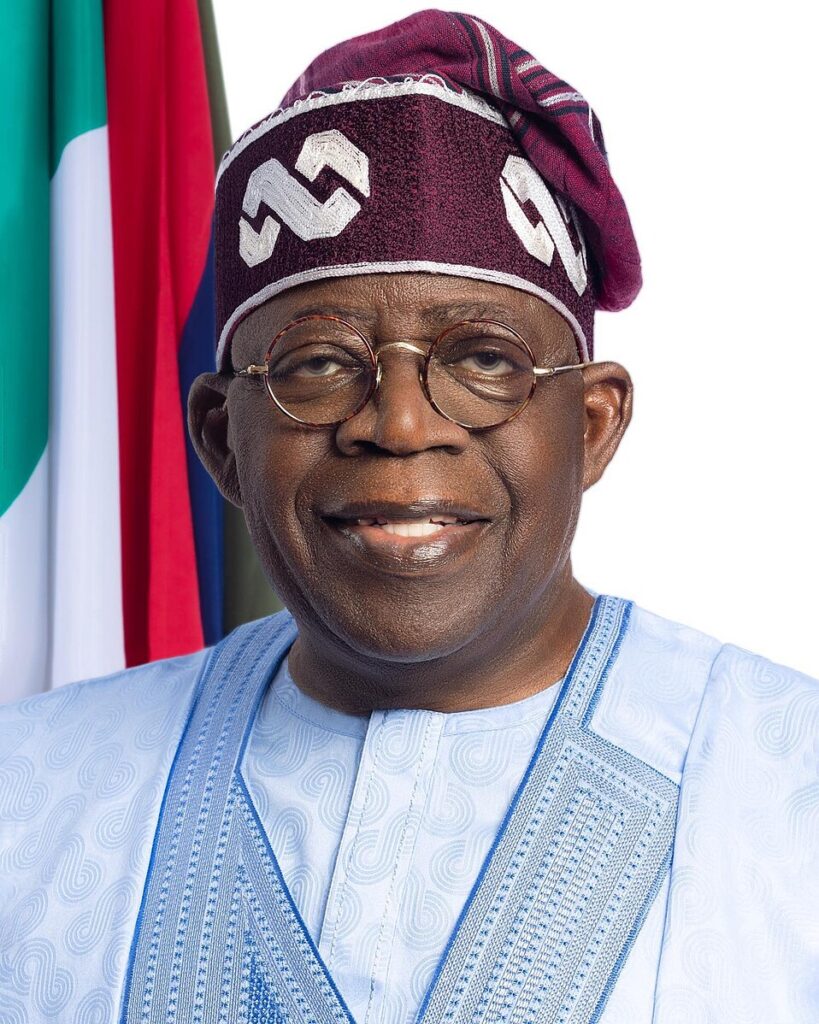By Joy Mordi

The growing influence of Barrister Nyesom Ezenwo Wike within the administration led by President Asiwaju Bola Ahmed Tinubu has become an undeniable reality, raising concerns about the President’s ability to control his assertive and influential FCT Minister.
The ongoing crisis in Rivers State serves as a stark reminder of the need for the President to rein in his seemingly domineering minister and avoid exacerbating tensions with one-sided agreements that favour key political figures.
The recent peace agreement, ostensibly aimed at resolving the Rivers State crisis, has faced severe criticism and scrutiny upon its public disclosure. The document, perceived by many as biased in favour of Wike, has ignited skepticism about the political motivations behind the President’s intervention. Critics argue that the President’s approach should have been rooted in constitutional solutions rather than politically motivated compromises.
Notably, the Chief of Staff, Femi Gbajabiamila, is identified as a close ally of Barrister Nyesom Wike, a fact that adds an additional layer of complexity to the situation. The President’s decision to align with Gbajabiamila, known for his influence within the Tinubu government, raises questions about the impartiality of the presidential intervention.
Barrister Nyesom Wike, renowned for his political acumen, appears to be navigating the turbulent waters of the Rivers State crisis with strategic finesse. The directive for the governor to resubmit the names of commissioners who willingly resigned and the insistence on recognizing legislators who defected to the APC underscores the precarious nature of the truce meeting. Critics argue that these directives infringe upon the governor’s autonomy and his ability to govern effectively.
The mandate bestowed upon Governor Sir Siminalayi Fubara by the people of Rivers State is deemed non-negotiable by his supporters. Wike’s attempts to hold the state hostage are viewed as a threat to the democratic process.
Furthermore, suspicions arise regarding the timing of the peace initiative, as it appears to coincide with a shift in public sentiment in favour of the governor. Calls for constitutional adherence and the rule of law in resolving the Rivers State crisis are gaining momentum.
The President is urged to reconsider his approach and address the actions of his FCT Minister in a manner consistent with constitutional principles. The defected legislators and resigned commissioner should face the legal consequences of their decisions, as dictated by the rule of law.
Hon Femi Gbajabiamila, a legal expert present at the truce meeting, is urged to prioritize constitutional guidance over crafting potentially unconstitutional agreements. The perception that the President, once an active governor in Lagos, may be succumbing to unseen weaknesses and undue influence from aides is a growing concern among Nigerians.
The masses are keenly observing the unfolding events, and the President is implored to uphold the principles of democracy and constitutional governance in resolving the Rivers State crisis.


